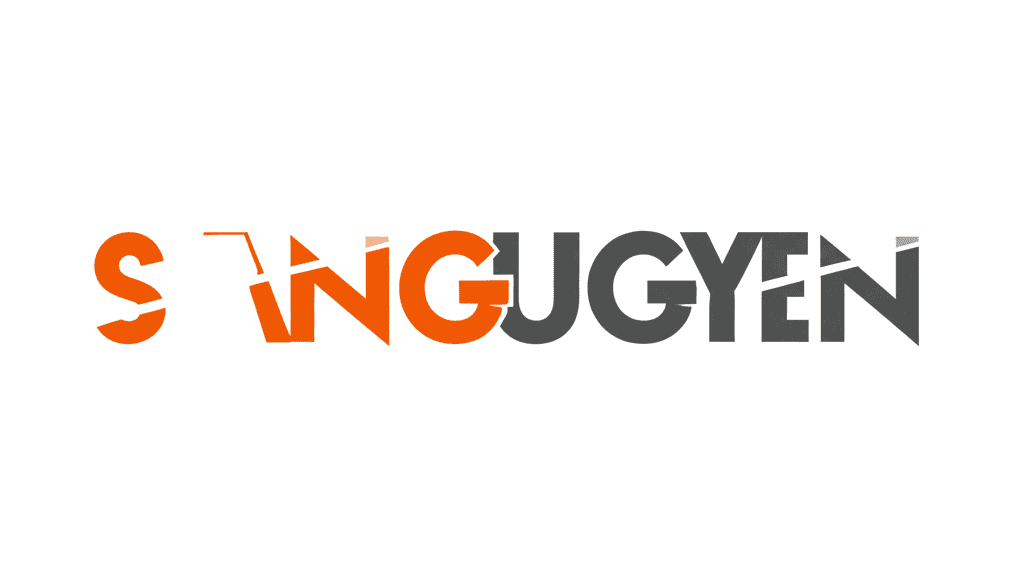Many small and medium-sized businesses believe that to succeed with Google Ads, you need a massive budget. This is a misconception. With smart optimization and the right strategies, you can achieve incredible results even with a low-budget Google Ads campaign. The key isn't how much you spend, but how effectively you spend it. This article will guide you through 8 proven strategies to get the most out of every dollar.
Table of Contents
1. Master Your Keyword Strategy
With a limited budget, you cannot afford to bid on every keyword. Instead, focus on a small, highly relevant set of keywords that have a strong chance of converting. Use Google Ads' own Keyword Planner to find search terms with moderate competition and a high commercial intent. Remember, you're looking for quality over quantity.
2. Leverage Negative Keywords
This is arguably the most critical strategy for low-budget Google Ads. Negative keywords are terms you add to your campaign to prevent your ads from showing for irrelevant searches. For example, if you sell new cars, you should add "used," "cheap," and "for sale by owner" as negative keywords. This saves you money on clicks that will never convert and significantly improves your Google Ads ROI. To learn more about this, check out our guide on Negative Keywords.

3. Optimize Your Ad Copy and Landing Pages
Your ad copy must be compelling and directly address the user's search query. A good ad should:
- Include your main keyword.
- Feature a clear value proposition.
- Have a strong and unambiguous Call-to-Action (CTA).
Furthermore, the landing page must be relevant to the ad. A high-quality, relevant landing page improves your Quality Score, which lowers your cost per click (CPC) and boosts your PPC optimization efforts.
4. Use Precise Geo-Targeting and Audience Targeting
Don't target an entire country or state if your business is local. Specify your ads to show only in the cities or neighborhoods where your customers live. You can also use audience targeting to reach specific demographics or interests. This ensures your limited budget is spent on the most likely converting audience, making your advertising more cost-effective.
5. Focus on Long-Tail Keywords
Long-tail keywords are phrases with 3 or more words (e.g., "affordable digital marketing services for startups"). They have lower search volume but much higher conversion rates because they are highly specific. Bidding on these keywords is cheaper and attracts users who know exactly what they want, making them perfect for low-budget Google Ads campaigns.

6. Implement Ad Scheduling
Analyze your data to find out when your target audience is most active and when conversions are most likely to occur. For example, a local coffee shop might get the most clicks and orders during morning hours. By scheduling your ads to run only during these peak times, you avoid spending money during low-conversion periods and maximize your Google Ads ROI.
7. Boost Your Quality Score
Your Quality Score (QS) is a rating from 1 to 10 that Google assigns to your keywords. A high QS can lower your cost per click (CPC) and improve your ad position. To improve your QS, focus on:
- Ad Relevance: Ensure your ad copy is highly relevant to the keywords you're targeting.
- Landing Page Experience: Create a user-friendly, fast-loading, and relevant landing page.
- Expected Click-Through Rate (CTR): Write compelling ad copy that encourages clicks.
By boosting your Quality Score, you can get more clicks for the same budget, which is key for PPC optimization.
8. Track and Analyze Your Performance
Don't "set and forget" your campaigns. Regularly review your campaign performance in the Google Ads interface. Monitor key metrics such as:
- Conversions: How many leads or sales did your campaign generate?
- Cost per Conversion: How much did you pay for each lead or sale?
- Search Term Report: Identify new negative keywords to add to your list.
Regular analysis helps you make data-driven decisions, eliminating wasteful spending and ensuring your low-budget Google Ads campaign stays profitable.
9. Conclusion
A limited budget doesn't mean limited results. By focusing on smart, targeted, and optimized strategies, you can make every dollar count in your Google Ads campaign. From leveraging negative keywords to focusing on long-tail search terms, these tactics will help you achieve a high return on investment and compete effectively with larger advertisers.
Ready to take your low-budget Google Ads campaign to the next level? Contact us for a free consultation. Our experts will help you craft a tailored PPC strategy to maximize your revenue without breaking the bank.

